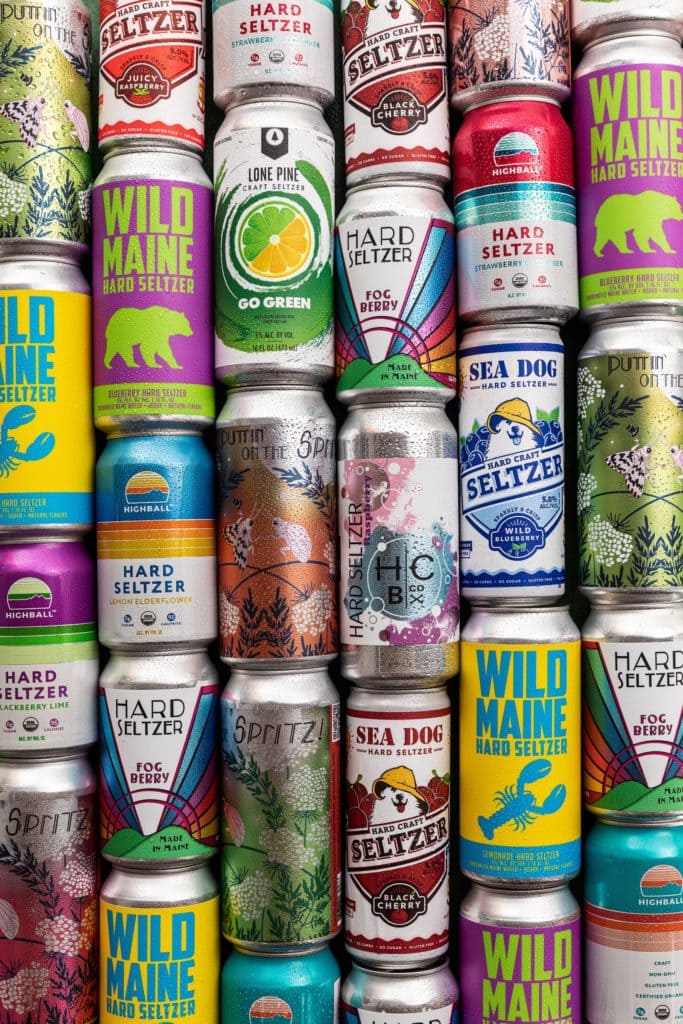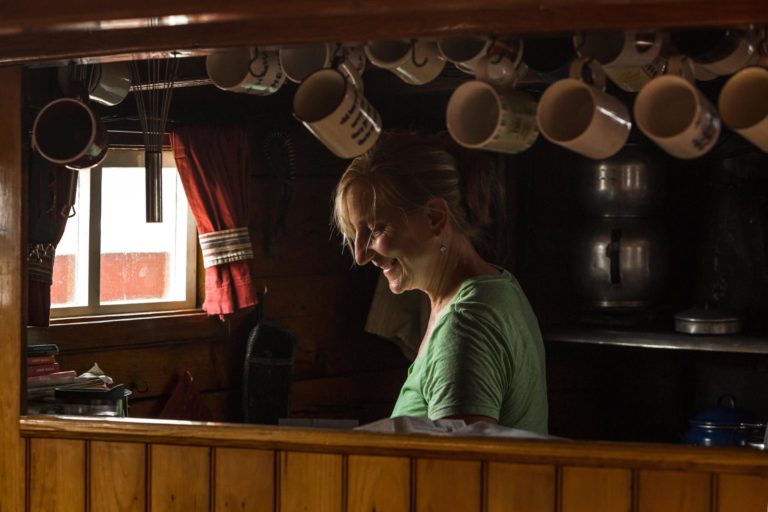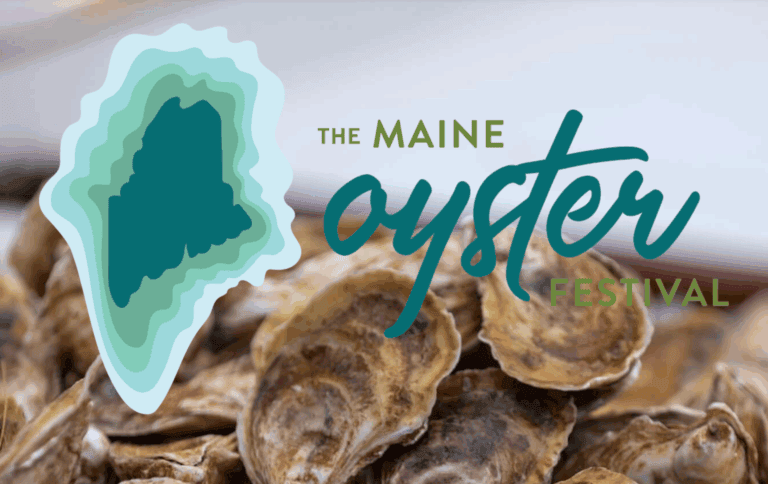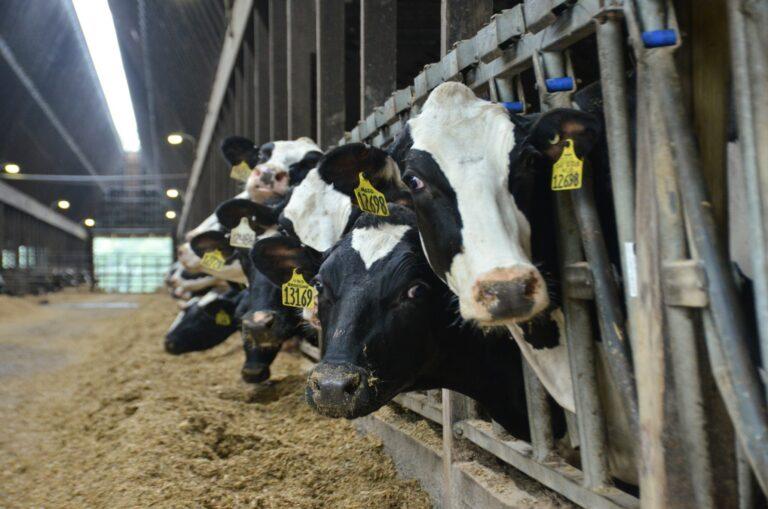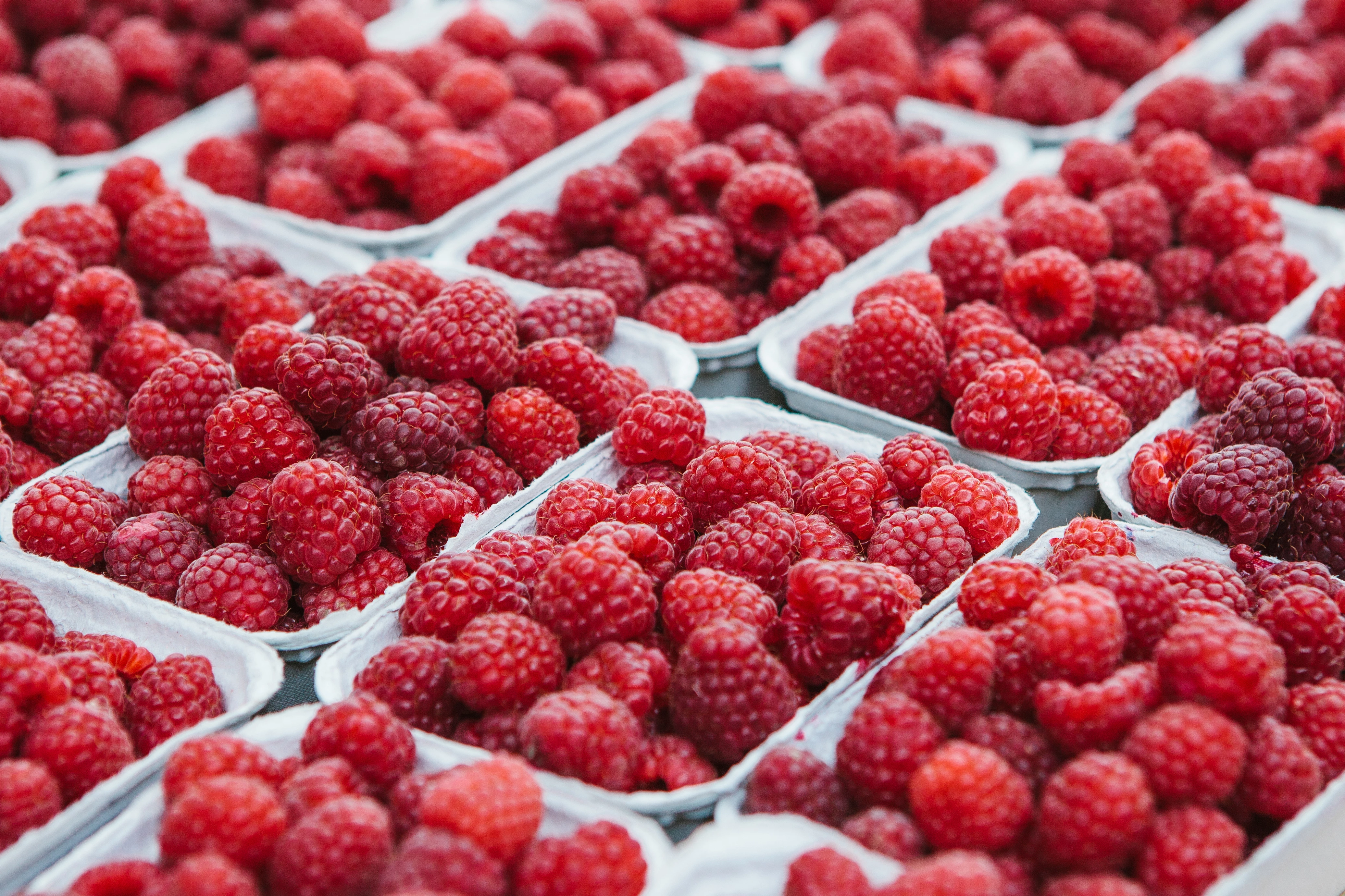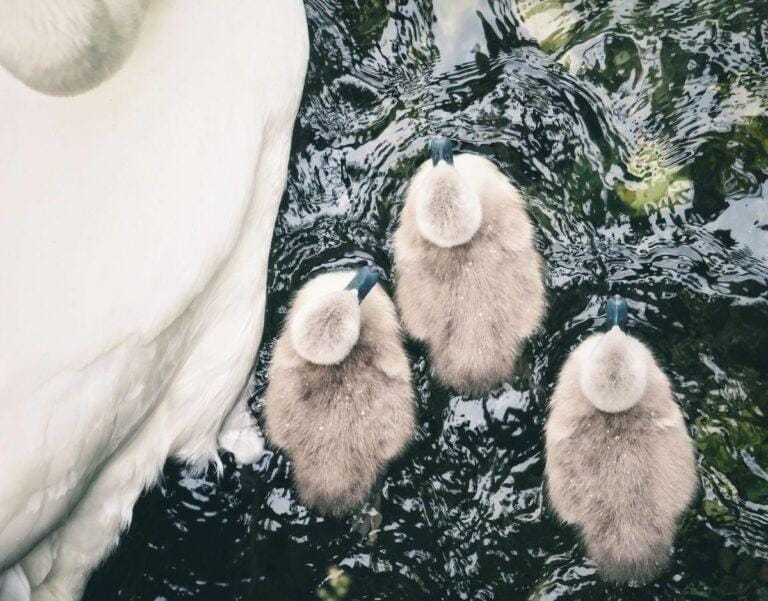Hard seltzer has truly sunk its white claws into the American alcoholic beverage market.
Generally speaking, hard seltzer is a clear, cold, canned drink made from combining carbonated water, alcohol, and fruity flavors. The fresh water can come from any potable source, but the carbonation generally comes from a tank. The alcohol can be a neutral spirit like vodka or be purposefully brewed from sugary water and yeast. The flavoring can be chemically derived, mechanically extracted from real fruit, or naturally added as whole fruit or juice at various points during production.
If you write off Zima, the carbonated lemon-lime drink derived from barley malt by Coors Brewing Company between 1993 to 2008 and marketed as a “malternative” to then-popular wine coolers, the first hard seltzer brewed commercially in the United States was called SpikedSeltzer. That happened in 2013 in Westport, Connecticut.
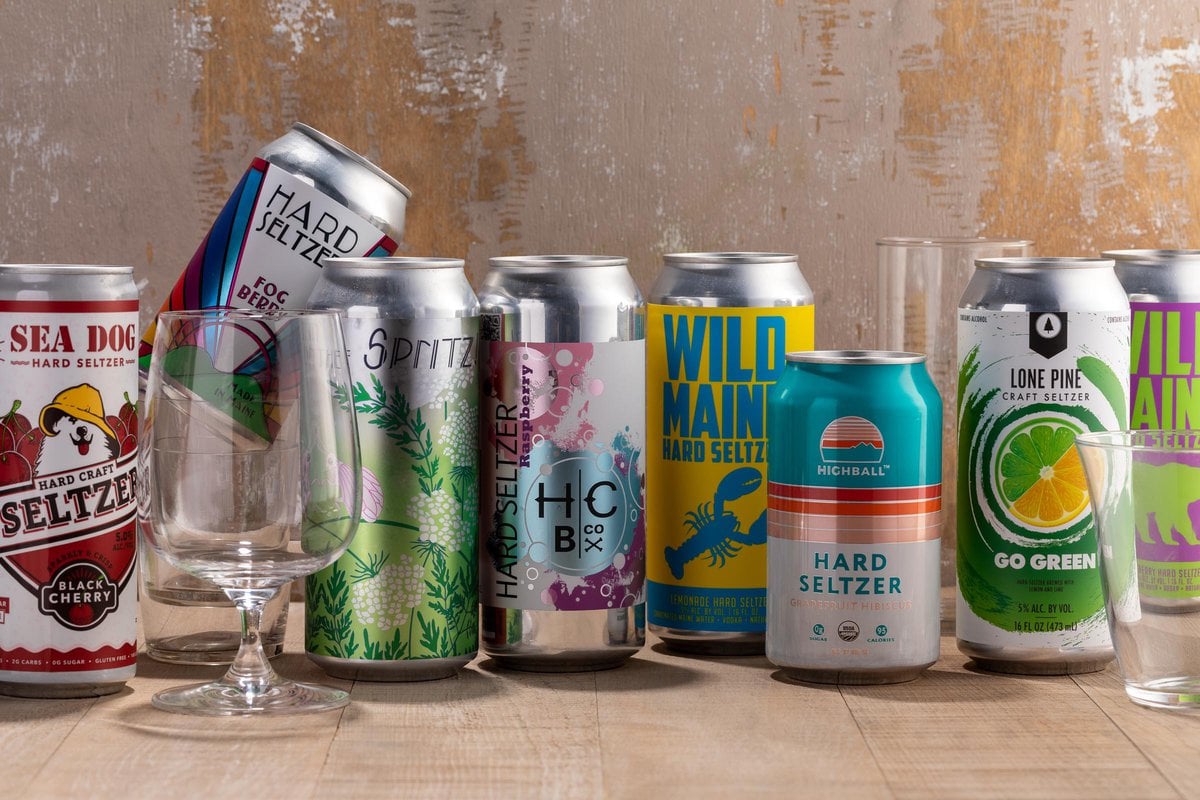
Hard seltzer has since captivated drinkers’ attention for several reasons. It’s almost always as refreshing as the cold water from which it derives. It’s normally gluten free. It can have both lower alcohol content by volume and fewer calories and carbohydrates than beer. And while most hard seltzers are flavored, they don’t tend to have a residual sweetness—even if some national brands do have a bit of chemical aftertaste.
Hard seltzer sales across the United States have been bullishly strong since 2018, with product category leaders being Boston Beer Company’s Truly and the Mark Anthony Group’s White Claw product lines. As a class, hard seltzer generated $5.5 billion in revenue in 2021. That number is expected to climb to $12 billion by 2027. Those are global tallies, but Americans consume over 80% of all the hard seltzer produced.
Locally speaking, startup hard seltzer makers and established craft beer companies are looking for a piece of that action. At press time, there were at least a dozen Maine makers of hard seltzer. They span geographically from Hidden Cove Brewing Company in Wells to Fogtown Brewing Company in Ellsworth, and vary in size from small batches served on tap at Threshers Brewing Co. in Searsport to huge runs at Shipyard’s plant in Portland. These Maine companies offer drinkers flavors ranging from plain to pomelo grapefruit. The number of local products on offer is likely to increase as the summer months roll around, temperatures rise, consumers continue to ask for light, refreshing drinks, and makers experiment with new flavor combinations.
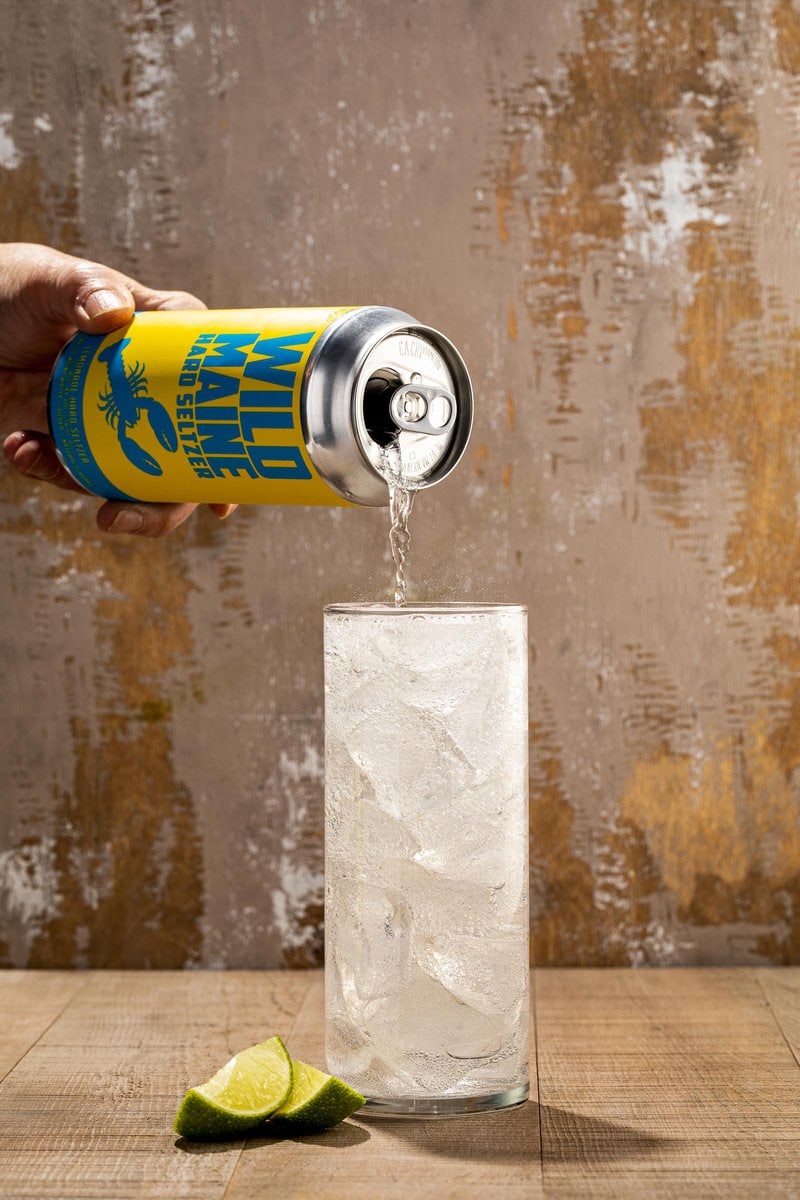
“Truly and White Claw are well established and have massive reach. Honestly, we aren’t interested in trying to outmaneuver them,” says Thomas Madden, brewer and co-founder or Lone Pine Brewing Company in Portland.
“With our craft seltzers, we’re focused on being an exciting alternative with clear ties to our local community. We’re committed to craft beer first but are really proud to have added this type of product as an alternative to our beer, allowing our customers to explore craft seltzers while still supporting a local business and a local cause.”
Sister and brother team Erika and Nick Aschauer named their year-old company Dasch Seltzer to honor their dad, David Aschauer, who died unexpectedly in August 2011, the day after he collapsed while swimming in the first leg of a triathlon in Cape Elizabeth. The siblings say it’s a fitting tribute because, like their father, their seltzers are gluten free and always ready for a day of adventure in the Maine outdoors.
Nick started brewing hard seltzer in his Portland basement early in the pandemic. When he shared it with friends, they encouraged him to sell it commercially. He launched the product—now brewed in Lewiston using water from Lake Auburn, cane sugar, and Maine blueberries or Massachusetts cranberries—on July 4, 2021. Erika joined Nick in sales and now, less than a year later, Dasch Seltzer is sold at over 30 retail outlets and drinking establishments. There is a full listing on the company’s website, but some of the retail outlets include Damon’s Beverage Mart in Augusta, Bow Street Market in Freeport, and Old Port Spirits and Cigars in Portland, while some of the restaurants include The Woodshed in Manchester, Binga’s Wingas in Yarmouth, and The Pub at Saddleback in Rangeley.
Partners Philip Welsh and Mattie Daughtry of Moderation Brewing Company also started brewing hard seltzer last summer to serve to gluten-free friends and family who’d been very supportive of their operation when it opened in 2018, despite not being able to drink beer (even in moderation) produced from Maine gluten-filled grains. But what Welsh and Daughtry like best about brewing their Puttin’ on the Spritz hard seltzers in small batches is that they get to have fun experimenting with flavor combinations using a variety of fruits. The flavors put in cans in a regular rotation are lime, ginger, and hibiscus; pomelo grapefruit; orange and juniper; and haskap berry, a funky-looking blueberry-esque fruit that tastes like a sour blueberry-raspberry-blackberry combination. These seltzers, which are as colorful as the fruits in the mix, can be purchased at Moderation’s production facility and tasting room on Maine Street in Brunswick.
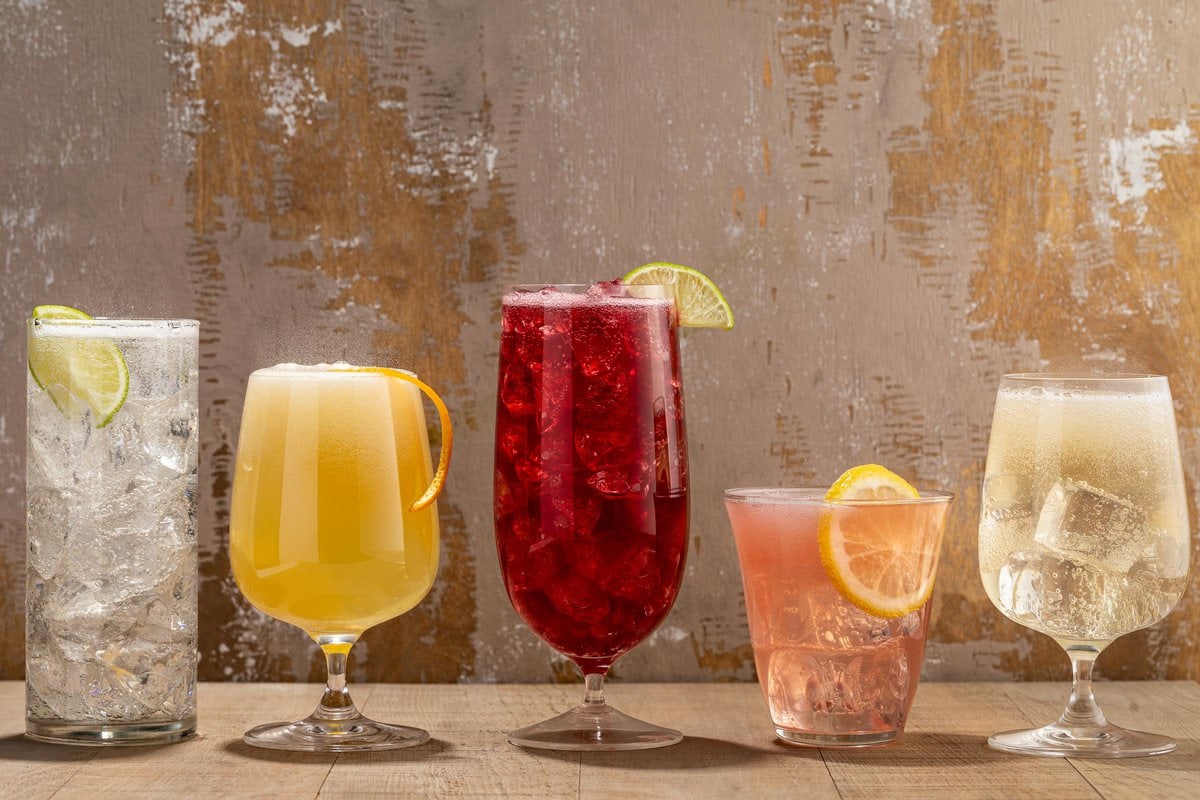
Orono Brewing Company co-owner Abe Furth credits his company’s foray into the hard seltzer market to the students he feels fortunate to work with, teach, and serve in the college town where his brewery is located. “We find it incredibly important to listen to them, too. Some are beer drinkers, but many of them are really into hard seltzer,” says Furth. Orono Brewing takes the spirit route to making its Wild Maine hard seltzer. It adds six times–distilled vodka (a product that is both gluten and sugar free) to carbonated water, naturally flavored extracts, and citric acid.
“It’s really simple. But it was important to us to have the final product be gluten and sugar free,” says Furth. After much experimentation with flavors, the Wild Maine crew settled on blueberry, lemonade, and mango pineapple and launched its flagship offerings in May 2021. The cans, which are widely distributed in beverage stores across the state, feature iconic Maine wildlife like the black bear, moose, and lobster.
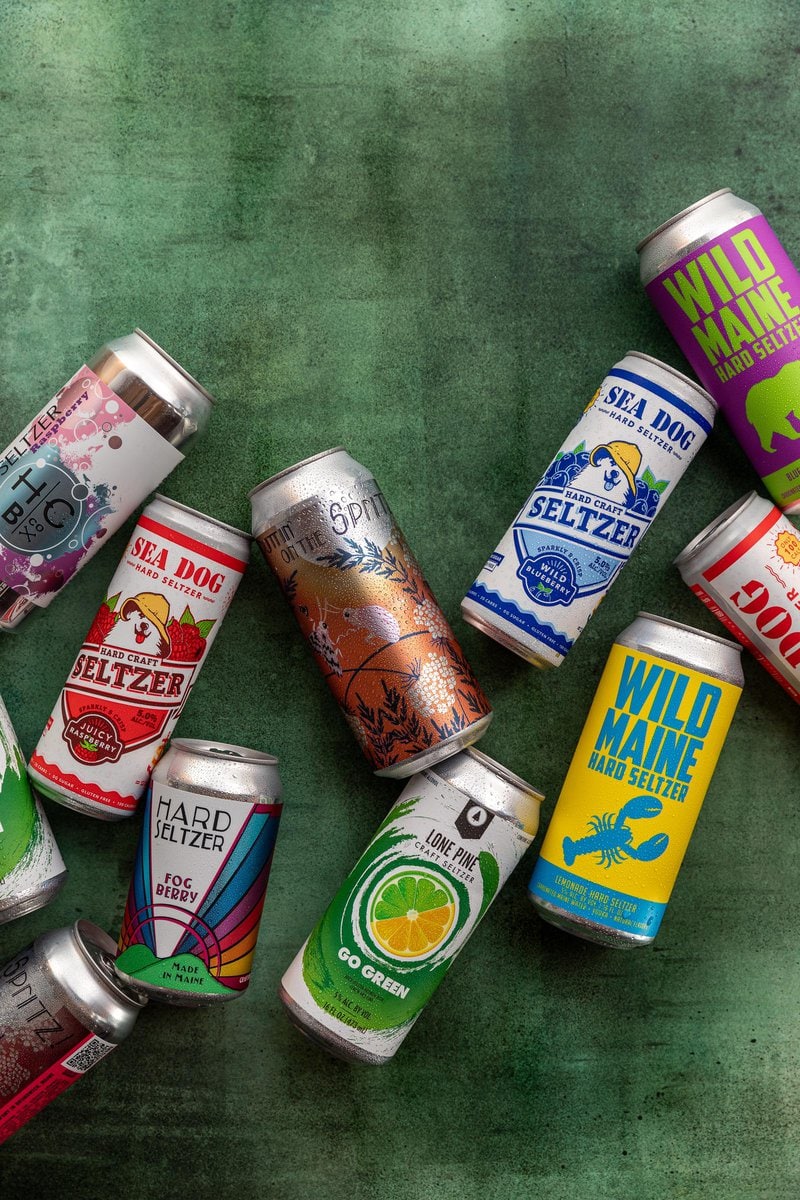
Portland-based Peak Organic Brewing Co.’s Highball hard seltzers are probably the most widely distributed Maine products of this class, with variety packs sold in beverage stores all over the east and west coasts of the United States. Made from certified organic, non-GMO ingredients, these drinks have zero grams of sugar and only 95 calories. Peak first rolled out lemon elderflower, blackberry lime, grapefruit hibiscus, and strawberry cucumber varieties in April 2019 and has since made several expansions to its line, including lemonade-based flavors.
According to Peak’s founder Jon Cadoux, these products are all made using the fermentation technique, but the company is also developing vodka-based seltzers he says will be on the market soon.
Luckily for those of us who like locally produced beverages, the Maine hard seltzer scene is only going to get more effervescent.


